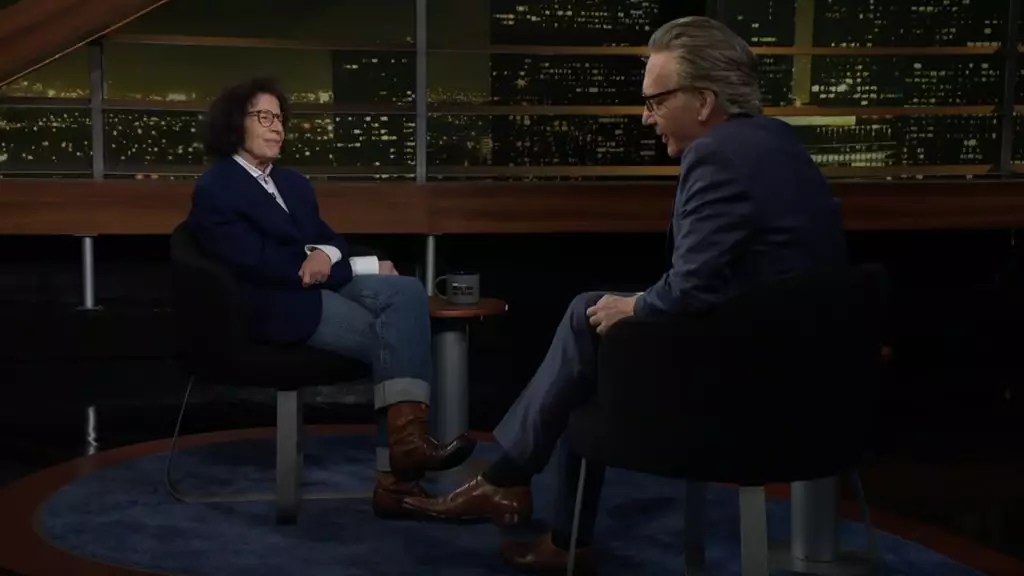In the aftermath of shocking allegations against prominent figures in Hollywood and beyond, the music industry has often been perceived as a sanctuary swept under the proverbial rug. Recently, Bill Maher brought this poignant observation to the forefront during an episode of “Real Time,” where he discussed the ongoing legal troubles surrounding music mogul Sean ‘Diddy’ Combs. His dialogue with novelist Fran Lebowitz struck a significant chord as they pondered why the music realm seems largely untouched by the seismic waves of the #MeToo movement—an initiative that reshaped dialogue surrounding sexual misconduct across numerous sectors. Maher’s acerbic critique emphasizes an urgent need to explore systemic inadequacies, casting a compelling light on the cultural dynamics that enable such behavior to flourish unchecked.
While Maher lamented that the music industry operates like a “cesspool of misogyny,” he highlighted the disparities in responses to allegations in media outlets, specifically criticizing how the National Public Radio (NPR) was scrutinized far more harshly. Consequently, he questioned the protection afforded to music industry giants compared to those in journalism and other professional fields. The juxtaposition Maher draws between the two raises alarming implications regarding societal values—indicating a troubling business-as-usual mentality that shields music hustle and profit behind closed doors, even amidst a climate demanding transparency and accountability.
Fran Lebowitz’s assertion that capitalism contributes to the silence around the music industry brings an economic perspective to the conversation. She posits that the financial power and influence of such entities help them evade scrutiny, positioning the music industry as a lucrative player that eludes the same level of accountability applicable to others. The tone of the dialogue resonates with a growing sentiment that highlights the intersection of power, profit, and abuse. As Combs faces mounting accusations, including the recent lawsuit alleging longstanding abusive behavior, it’s clear the façade that crime and misconduct can remain hidden is increasingly cracking.
The current wave of allegations against Combs is not an isolated incident. They reflect a broader pattern emerging within music culture, where stories of coercion and predation have lurked in the shadows. With a history of silence, individuals like Cassie Ventura—Combs’ estranged partner—have shed light on experiences previously left unspoken. The societal shift prompted by such revelations emboldens victims to come forward, tainting the image of an industry once veiled in glamour and allure.
As the music industry faces mounting allegations and scrutiny, the narrative around accountability and survivors’ voices continues to evolve. Maher and Lebowitz’s discourse serves as a clarion call to dismantle the culture of silence that has protected powerful figures for too long. Rewriting the narrative is crucial as the discourse around misogyny and abuse must extend beyond isolated incidents, compelling the music industry to confront its darkest corners. The question remains: will the forthcoming reckoning cultivate a safer environment, or will it merely echo into the empty halls of denial? Time will ultimately tell as more individuals step into the light to reclaim their narratives and challenge the oppressive structures that have long kept them in darkness.


Leave a Reply